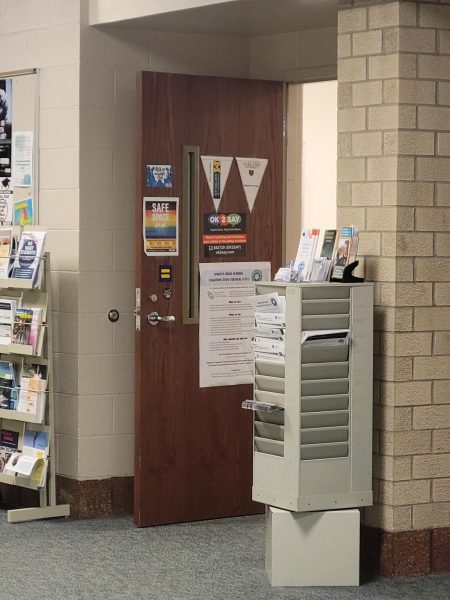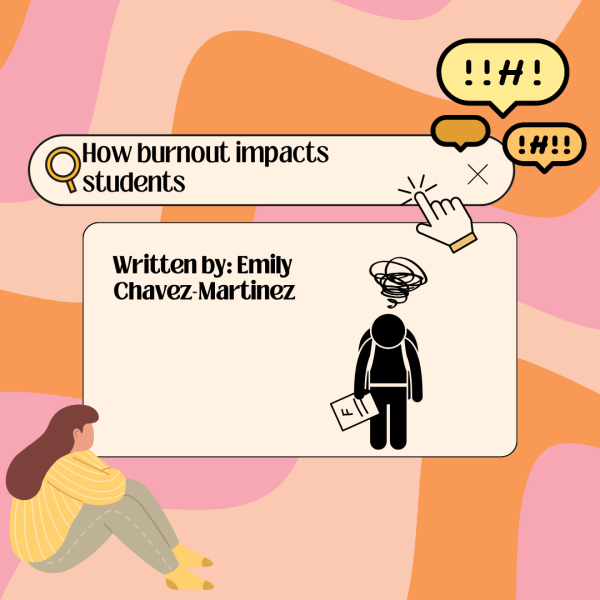Managing Different Ailments
How to manage different illnesses and side-effects to get you back up on your feet and feeling better sooner.
With illness on the rise after returning to school, many are getting sick and missing valuable lectures due to the amount of time it takes to recover. Here are some tips on how to get back up on your feet a bit faster.
Disclaimer: This article is not implying that you should self-diagnose or only use these tips to rid yourself of the illness. Please seek professional help from a doctor or pharmacist if possible!
The Common Cold
Symptoms:
- Cough – Drink warm fluids, use cough drops or hard candies, mix honey in with a drink or take a spoonful of it, moisturize the air with a purifier, and avoid any smoke and strong smells (Everyday Health).
- Sore Throat – Drink warm fluids (avoid carbonated drinks), try to eat comforting foods like soup or noodles, try a saltwater gargle (only use up to ¼ teaspoon of salt per one 8-ounce glass of water), avoid acidic foods, and rest your voice. The more you use your voice, the worse the irritation gets (Mayo Clinic).
- Runny/Stuffy Nose – Take a hot shower, place a warm washcloth or compress on your nose ridge, drink plenty of fluids, try a nasal spray (do not use this excessively), use a humidifier that sprays cold mist, and try to blow your nose (do not just rub it, it only makes it worse if you don’t try to clear out your nasal passages) (Cleaveland Clinic).
- Watery Eyes – Look for any allergens in your home (surfaces that collect dust, old bed sheets, old pillowcases, dirty carpet, etc.) and place a warm cloth on your eyes. Eye drops may also work if they are used exclusively (Health Line).
- Sneezing – Look for allergens in your home, do not look at light for extended periods of time, and learn what you are allergic to. Many people don’t think they have allergies until they get tested, so you may have excessive sneezing due to unknown allergens (Health Line).
- Congestion – Elevate your head when sleeping, place a warm towel or cloth on your nose, take a hot shower, and try breathing in steam from a warm pot of water (WebMD).
Influenza (A and B)
Symptoms:
- Sore Throat – Drink warm fluids (avoid carbonated drinks), try to eat comforting foods like soup or noodles, try a saltwater gargle (only use up to ¼ teaspoon of salt per one 8-ounce glass of water), avoid acidic foods, and rest your voice. The more you use your voice, the worse the irritation gets (Mayo Clinic).
- Cough – Drink warm fluids, use cough drops or hard candies, mix honey in with a drink or take a spoonful of it, moisturize the air with a purifier, and avoid any smoke and strong smells (Everyday Health).
- Runny/Stuffy Nose – Take a hot shower, place a warm washcloth or compress on your nose ridge, drink plenty of fluids, try a nasal spray (do not use this excessively), use a humidifier that sprays cold mist, and try to blow your nose (do not just rub it, it only makes it worse if you don’t try to clear out your nasal passages) (Cleaveland Clinic).
- Congestion – Elevate your head when sleeping, place a warm towel or cloth on your nose, take a hot shower, and try breathing in steam from a warm pot of water (WebMD).
- Body Aches – Use heat to relax your muscles, take a warm shower, and take over the counter pain medicine (UCLA Health).
- Headaches – Rest in a quiet and dark room (at the very least a quiet room), place a hot or cold cloth on the area the pain is, try to massage the area that hurts, caffeinated drinks may help alleviate some pain, and take over the counter pain medication (Mayo Clinic).
- Fatigue – Get plenty of rest, drink less alcohol, find ways to reduce stressors, eat healthier food, and try to cut out excessive amounts of caffeine (NHS).
- Fever – Rest (the more you move around, the worse it gets), stay hydrated with cool liquids (this is the most important factor), take ibuprofen or acetaminophen, place a cold cloth on your head, and try to wear loose clothing that is thinner (this will prevent you from raising your body temperature) (Health Line).
Strep Throat
Symptoms:
- Fever – Rest (the more you move around, the worse it gets), stay hydrated with cool liquids (this is the most important factor), take ibuprofen or acetaminophen, place a cold cloth on your head, and try to wear loose clothing that is thinner (this will prevent you from raising your body temperature) (Health Line).
- Swollen Neck Glands – Place a warm cloth on the neck area and take over the counter pain medication.
- Headaches – Rest in a quiet and dark room (at the very least a quiet room), place a hot or cold cloth on the area the pain is, try to massage the area that hurts, caffeinated drinks may help alleviate some pain, and take over the counter pain medication (Mayo Clinic).
- Fatigue – Get plenty of rest, drink less alcohol, find ways to reduce stressors, eat healthier food, and try to cut out excessive amounts of caffeine (NHS).
- Nausea – Drink colder, non-acidic liquids, eat light and bland foods, avoid oily and greasy foods, eat slowly, do not mix hot and cold foods or drinks, and avoid too much physical activity (Cleaveland Clinic).
COVID-19
Symptoms:
- Fever – Rest (the more you move around, the worse it gets), stay hydrated with cool liquids (this is the most important factor), take ibuprofen or acetaminophen, place a cold cloth on your head, and try to wear loose clothing that is thinner (this will prevent you from raising your body temperature) (Health Line).
- Cough – Drink warm fluids, use cough drops or hard candies, mix honey in with a drink or take a spoonful of it, moisturize the air with a purifier, and avoid any smoke and strong smells (Everyday Health).
- Fatigue – Get plenty of rest, drink less alcohol, find ways to reduce stressors, eat healthier food, and try to cut out excessive amounts of caffeine (NHS).
- Body Aches – Use heat to relax your muscles, take a warm shower, and take over the counter pain medicine (UCLA Health).
- Headaches – Rest in a quiet and dark room (at the very least a quiet room), place a hot or cold cloth on the area the pain is, try to massage the area that hurts, caffeinated drinks may help alleviate some pain, and take over the counter pain medication (Mayo Clinic).
- Loss of Taste or Smell – Boost the flavor and spices in a dish, eat food with different textures and flavors, and add small amounts of stronger tasting foods (Cleaveland Clinic).
- Sore Throat – Drink warm fluids (avoid carbonated drinks), try to eat comforting foods like soup or noodles, try a saltwater gargle (only use up to ¼ teaspoon of salt per one 8-ounce glass of water), avoid acidic foods, and rest your voice. The more you use your voice, the worse the irritation gets (Mayo Clinic).
- Congestion – Elevate your head when sleeping, place a warm towel or cloth on your nose, take a hot shower, and try breathing in steam from a warm pot of water (WebMD).
- Nausea – Drink colder, non-acidic liquids, eat light and bland foods, avoid oily and greasy foods, eat slowly, do not mix hot and cold foods or drinks, and avoid too much physical activity (Cleaveland Clinic).
- Diarrhea – Drink plenty of liquids, slowly add foods that contain low amounts of fiber into your diet, and avoid foods and drinks that are known to cause diarrhea in general (Mayo Clinic).
On one final note, please be mindful of others and stay home from work or school if you are sick!
Your donation will support the student journalists of Dakota High School. Your contribution will allow us to purchase equipment and cover our annual website hosting costs.

Jade Lilly is a senior at Dakota High School. This is her first year writing for the Dakota Planet, but she has plenty of experience towards writing professional...






